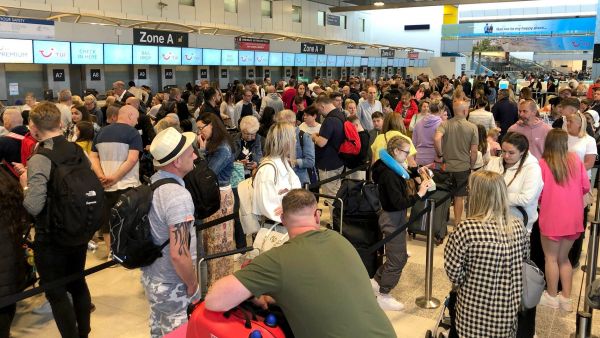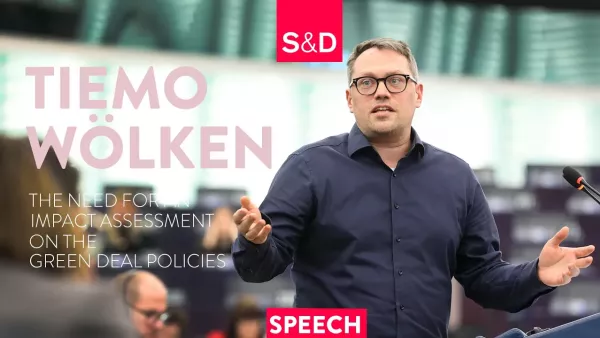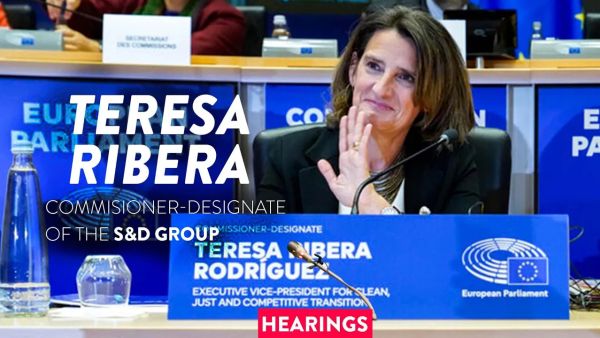The European Parliament’s negotiators reached a provisional deal with member states on the Telecoms Single Market which sets the date of the end of roaming charges to June 2017 and ensures net neutrality.
The S&D Group welcomes the agreement one year after the vote in the European Parliament. The S&D negotiators insisted on having a clear end-date for roaming costs and we finally have it: 15 June 2017. Roaming fees will already decrease on 30 April 2016, when the current retail caps will be replaced by a maximum surcharge of €0.05 per minute for calls, €0.02 for SMSs and €0.05 per megabyte for data.
S&D vice-president Kathleen Van Brempt said:
"This is the end of a long battle that the S&D Group started four years ago to put an end to the illogical situation of borders for mobile communications inside the European Union. At last the Commission dropped its proposals for price caps and accepted the principle that there should not be artificial borders for EU telecoms. We wish that the process had been faster, but at least we now have a date in the near future."
S&D shadow rapporteur in the industry committee, Patrizia Toia, said:
"Throughout the tough negotiations some member states insisted until the very end on leaving roaming rates intact until 2018, but we managed to snatch a year and a further reduction of rates for the transitional period after the entry into force of this regulation. In fact, from the end of April 2016, roaming charges will be dramatically reduced.
"Also, we did not succumb to the blackmail of those who wanted us to choose between roaming and net-neutrality rules. We secured them both. The S&D negotiators were the leading force behind this constructive and ambitious result."
The rapporteur on net neutrality in the parliamentary culture committee, Petra Kammerevert, said:
"This text ensures an open internet, with non-discriminatory traffic, transparency and end-users rights. Service providers cannot give paying customers better service than less lucrative traffic and that the quality of internet access for all end-users may never be affected by specialised services. We ensured that blocking or throttling will be allowed only in a limited number of circumstances, for instance to counter cyber-attacks and prevent traffic congestion."









